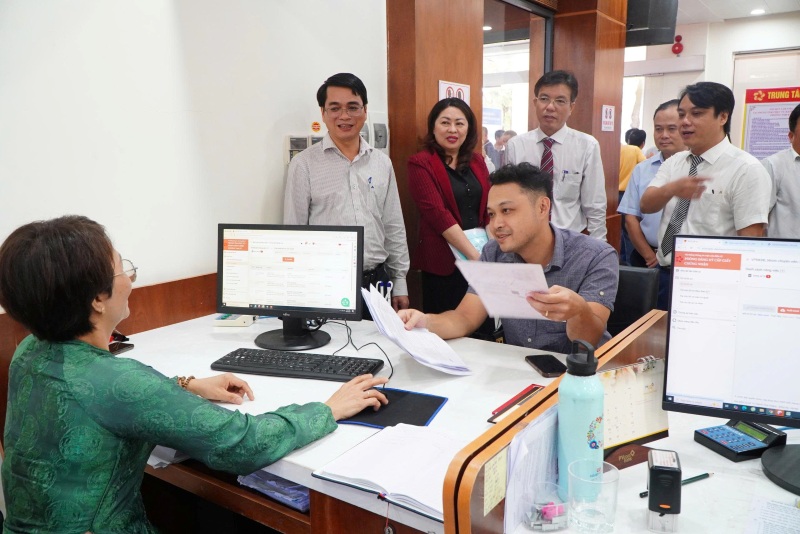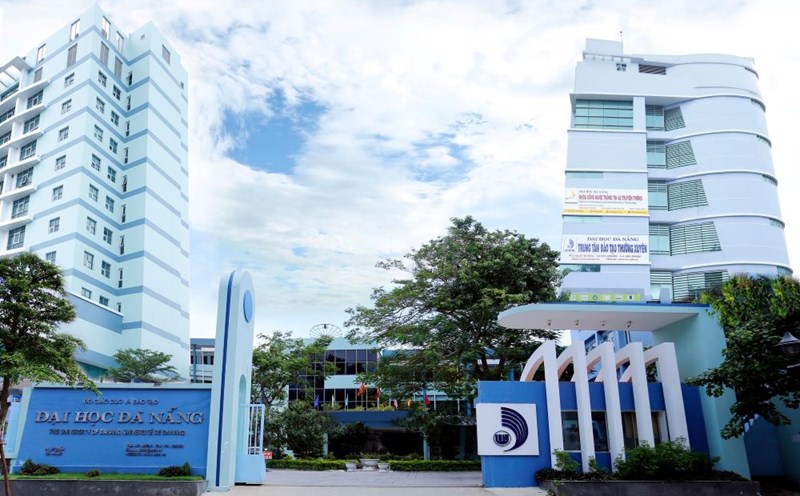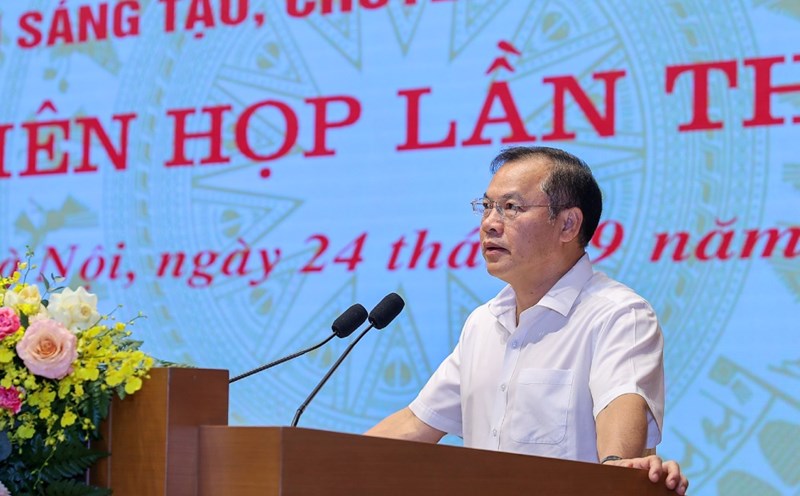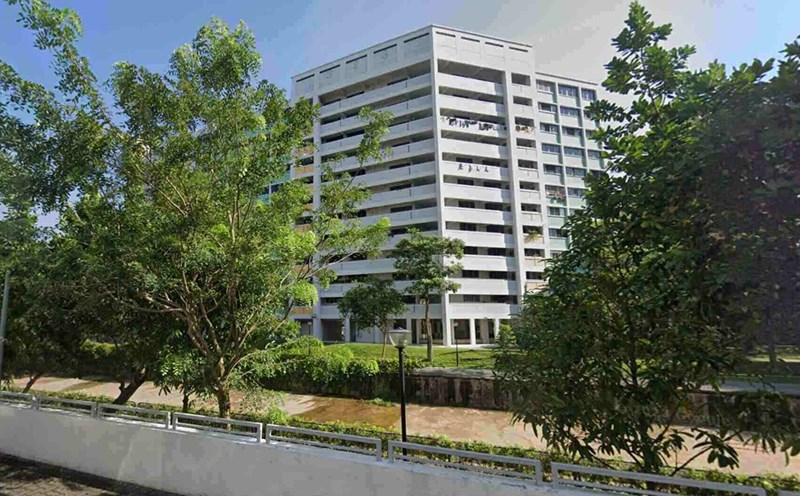Implementing Plan 130 signed by Permanent Deputy Prime Minister Nguyen Hoa Binh (Deputy Head of the Central Steering Committee for summarizing Resolution 18) on the arrangement of public service units, state-owned enterprises and organizations within the administrative system, Da Nang said that it has completed the report and arrangement plan and sent it to the Central Government; currently waiting for the Government's direction for implementation.
In the spirit of Plan 130, the arrangement focuses on: reviewing and streamlining the organization within ministries/departments/sectors; not overlapping functions and tasks; perfecting the education and health system in an effective and standard direction; restructuring state-owned enterprises, promoting equitization and divestment in appropriate fields.

In the locality, the network of public schools is basically stable, arranged in a favorable direction for the people; vocational education is restructured and strongly decentralized. The health sector is required to improve preventive medicine, maintain provincial-level public hospitals; strive for each province and city to have at least one specialized hospital with a hospital/geristry department.
The Da Nang Department of Home Affairs said that the city has proactively reviewed and proposed a plan to streamline administrative and career agencies and units; when there are instructions, the city will immediately implement the following steps: adjusting functions and tasks after the merger; arranging the organization within departments and branches; ensuring uninterrupted public services. At the same time, plans for the education, health and state-owned enterprises will be implemented in accordance with the roadmap and authority.
Previously, the Central Steering Committee requested ministries, branches and localities to send the plan to the Ministry of Home Affairs before September 25 for synthesis.
Da Nang affirms compliance with the timeline and principles of the Central Government, ensuring the process of arranging uninterrupted public services, not leaving vacant functions and tasks, while improving the quality of service to the people and governance efficiency.










